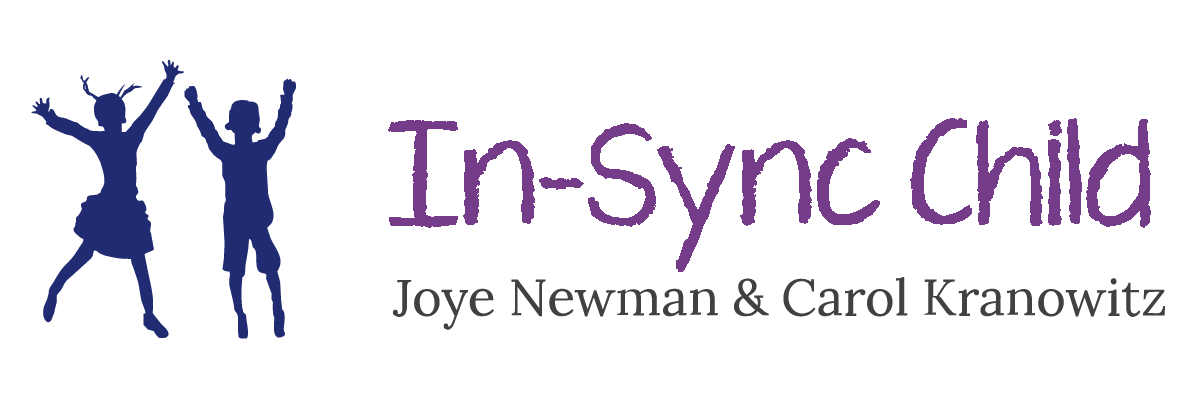Therapy Services
Joye Newman offers Perceptual Motor Therapy services to help healthy development in children with and without special needs.

First Steps
Parents are asked to complete an extensive medical and developmental history form (see below to download), after which time an appointment is scheduled for Joye to meet with and observe the child. This usually occurs at the child’s school or home.
Next Steps
Using her clinical observations, along with extensive background information, Joye then puts together a home program of activities and exercises, which she demonstrates and explains to the parents at a subsequent meeting.
In most cases, the program lasts no more than 10 to 15 minutes a day. There is an ongoing consultation with parents, teachers, and, if desired, your child's pediatrician.
What is Perceptual Motor Therapy (PMT)?
Current educational and psychological research points to a close relationship between a child's perception (ability to process what he takes in through his senses) and his motor (movement) skills.
Everyday activities and training may not be sufficient to help the child develop "normal" skills and goals expected in "normal" child development. A Perceptual Motor Therapist is trained to observe and analyze developmental problems and to provide suitable therapy in cooperation with parents, teachers, and pediatricians.
Using the child's strengths, an active and challenging program is developed in order to address the child's weaknesses while giving him a feeling of success. Often, this feeling of "I can do it" is the key to perceptual-motor growth and development.
Is PMT appropriate for my child?
PMT addresses a wide variety of needs.
Perhaps your child seems clumsy, awkward for his or her age, has trouble with handwriting, mixes or reverses letters and words, is slow with hand-eye coordination, avoids physical activity in games and sports—or, in general, seems uncomfortable in his or her own body.
All of these issues may be addressed by Perceptual Motor Therapy.
Often, the child's problems lead to a lowered self-image, in school and out, where "normal" performance is expected. This lowered self-image is frequently a significant deterrent to success in school, both socially and academically.
Contact Joye
Ready to take the next steps? Contact Joye today.
Policies and Forms
Download the required new patient policies and form (available as pdf).
